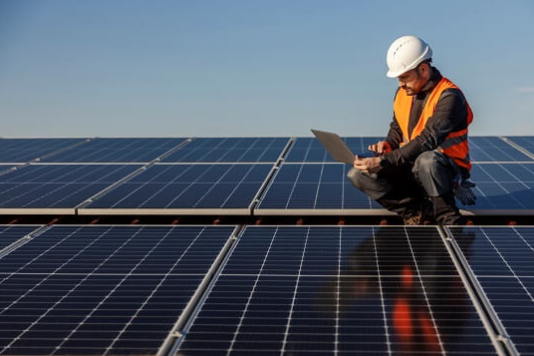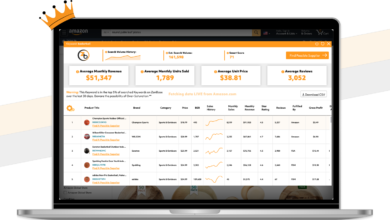Choosing the Right Solar Power Supplier or Installer: Expert Tips for a Seamless Experience

In today’s world, solar power has become an indispensable energy resource. Sustainability and renewable energy are taking center stage for businesses and individuals alike. Choosing the right solar power supplier requires careful consideration and a host of evaluation factors. This comprehensive guide aims to equip you with the necessary steps and procedures to make a strategic decision when selecting the best solar power installer.
Understand your Needs
The first step in choosing a solar power installer is to understand your basic requirements. The factors include:
a) Energy Consumption: Determine your present energy consumption and decide on the size of the power system. Also, evaluate your past energy bills to know the peak performance and calculate the capacity for optimal usage.
b) Roof Suitability: Check if your roof is suitable for solar panel installation. Assess the underlying conditions such as structural integrity, roof shape, slope factor and nearby obstruction such as trees or buildings. These factors play a vital role in determining the panel fitting.
Conduct Systematic Research
Once you are certain about the suitability of panels for your building, the very next step is to research the right solar power supplier in Australia. The key steps in this phase are:
a) Check Reviews and Recommendations: Be sure to check the online reviews on Google and other trusted product review websites before making the purchase. Look for ratings and recommendations and check for any issues beyond just price points.
b) Company Experience: It is always advisable to consider companies with rich experience in the field and those with a successful installation rate. Also, have a look at their client lists to assess their reputation in the market.
c) Certifications: The most significant step is to assess the solar installer’s certification and license in the field. Ensure that they are accredited by organizations such as the Clean Energy Council (CEC) in Australia so that they adhere to industry standards and best practices.
The CEC accreditation is a must-have for all the solar power installers, which indicates that they are certified to install the solar systems effectively and safely. Suppliers also need to undergo rigorous training and examinations to qualify for this certification.
Compare The Quotes.
After shortlisting a list of solar power installers, request quotes from the suppliers. Keep in mind to consider the following factors:
a) Quote Inclusions: When you receive the quotes, ensure to check the warranty, system specifications, components, and the process of installation.
b) Price vs. Quality: Comparing quotes goes beyond the cost factor. While the price of the panels is a factor to be considered, it should not become the sole determinant. Make sure to weigh the online reviews, their reputation, and their adherence to quality standards. Then compare it in line with its price.
c) Financing Options: Many companies offer flexible financing options such as monthly instalments, loan options, or even lease agreements. Be aware of the variety of financing choices and do not hesitate to ask for your preferred choice of payment.
Installation and Maintenance
Once you zero in on the solar power supplier, inquire about the installation procedure, timelines, and the experience of the staff. The company should also include post-installation support, diverse customer service channels, and system maintenance. It is very important to select a company that delivers frequent maintenance periods with regular monitoring and troubleshooting.
Warranties
Be informed about the different types of warranties for a solar panel. Basically, there are two important types of warranties: performance warranties and product warranties.
a) Performance Warranty: Make sure that your contract contains a performance guarantee that covers the degradation of solar cells. This warranty confirms that the solar panels function as promised and deliver the energy savings as mentioned.
b) Product Warranty: This must be covered by the solar power supplier for their product. Usually, most suppliers or installers provide a warranty for vital parts and offer coverage for defects or issues.
Conclusion
After passing the necessary checks, choose a solar power supplier who not only provides quality components but also assures a competitive price. Strike a balance between the cost and quality factors while making your solar power purchase. As outlined in the blog, ensure to check for the installer’s CEC accreditation and whether the company provides the required warranty, regular maintenance, and post-installation support, coupled with satisfactory customer service.
When all boxes are checked, you will not just be confident in making the perfect choice but also contribute to a sustainable future.





